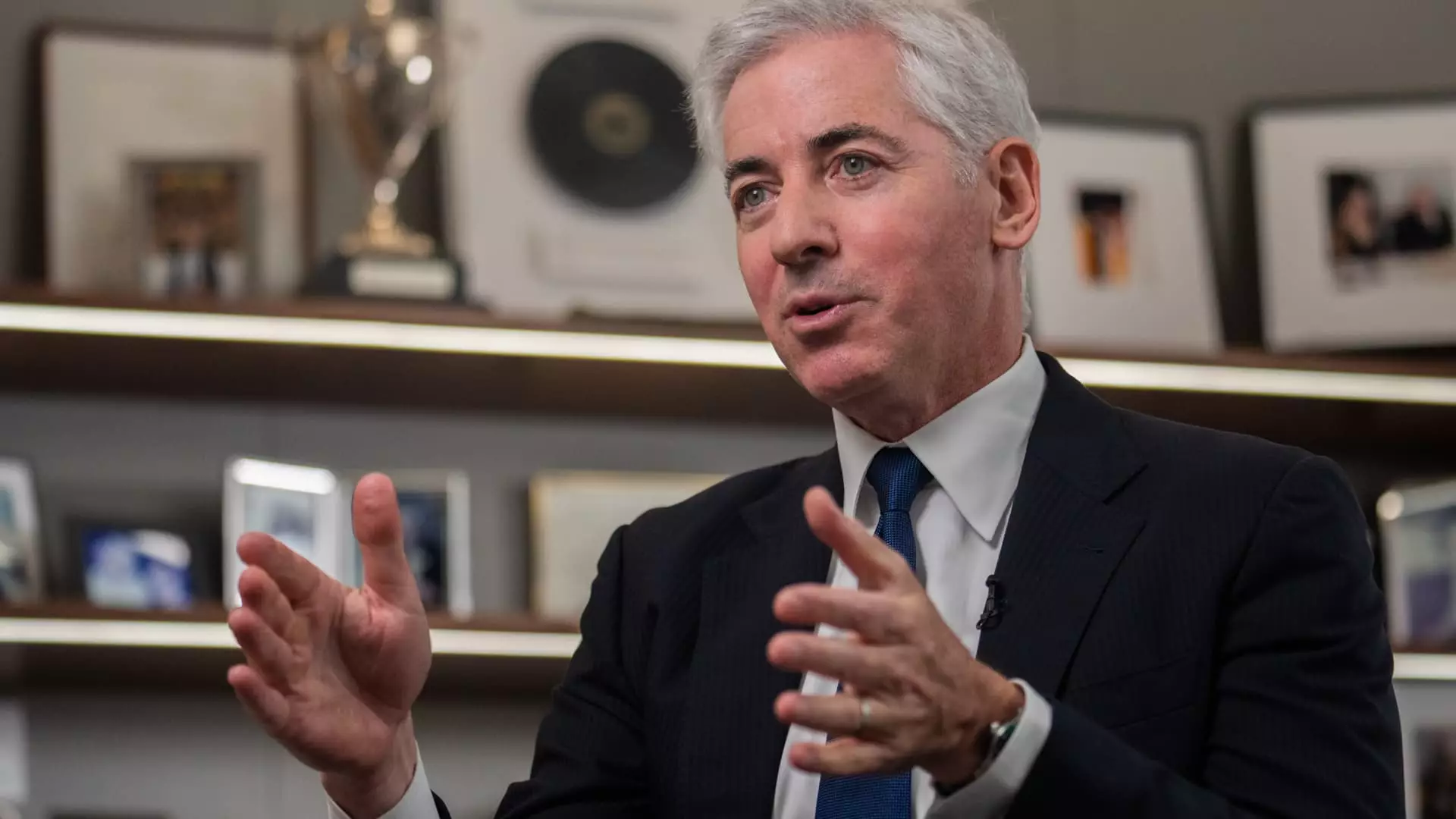Bill Ackman and his investment vehicle, Pershing Square, have made waves in the real estate sector with a bold proposal to acquire Howard Hughes Holdings. With an increased offer of $90 per share for 10 million newly issued shares, Ackman’s ambition to reshape Howard Hughes reflects a vision reminiscent of Warren Buffett’s transformation of Berkshire Hathaway. This new transaction is a marked increase from Ackman’s earlier offer of $85 a share and aims not just to elevate his stake in the Texas-based real estate company but to revolutionize it into a diversified holding entity.
One of the most compelling aspects of this proposal is its lack of necessity for regulatory approvals, shareholder votes, or extensive financing arrangements. This simplicity could facilitate a relatively swift execution of the deal, potentially in just a matter of weeks. If successful, Pershing Square would control nearly half of Howard Hughes, a considerable share that might enable Ackman to steer the company toward his vision of capturing growth in the real estate sector. Despite the momentum, the stock experienced a slight downturn in after-hours trading, indicating market hesitance in response to the news, which reflects the mixed sentiment pervasive in investment circles.
Ackman’s Vision for Howard Hughes
Ackman has expressed a clear ambition for Howard Hughes: to emulate the Berkshire Hathaway model by creating a diversified holding company that seeks to acquire controlling interests in various corporations meeting his rigorous standards for quality. In doing so, he plans to mobilize “the full resources of Pershing Square” to bolster Howard Hughes’s position in the market. The new direction includes an emphasis on master-planned communities, such as The Woodlands and Summerlin, which Ackman argues are the kinds of developments that could evolve into thriving urban hubs. This strategic positioning in pro-business markets signifies a well-considered approach to long-term investment.
A Parallel with Berkshire Hathaway
Ackman draws inspiration from Buffett’s unconventional ascent in the investment world, where his initial years were spent as an activist investor. Just as Buffett transitioned from managing private partnerships to taking the reins of Berkshire Hathaway, Ackman envisions Howard Hughes Holdings evolving into a formidable entity with diverse interests across industries. By highlighting this parallel, Ackman seems to frame his approach as not merely reactive but as a proactive pursuit of establishing a legacy akin to that of one of the most celebrated investors in history.
The potential ramifications of this deal extend beyond personal ambition; they could reformulate the landscape of real estate investment. By combining Ackman’s aggressive investment strategy with Howard Hughes’s established market presence, this transformative effort could lead to significant innovations in the industry. While the immediate market response has been cautious, the long-term prospects of such an undertaking are intriguing, particularly as it proposes a blend of real estate development and investment management. Investors and analysts alike will be watching closely to see if Ackman’s vision for a “modern-day Berkshire Hathaway” can indeed materialize with Howard Hughes Holdings at its core.

